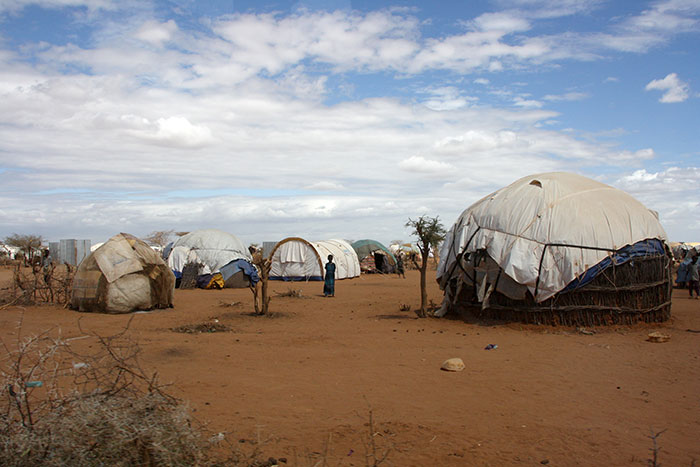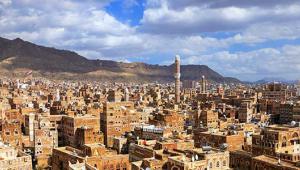web_dfid_refugee_shelters_in_the_dadaab_camp_northern_kenya_july_2011_5961213058.jpg

The Kenyan government have announced plans to close the Dabaab refugee camp, the biggest in the world. Credit: Pete Lewis/Department for International Development.
The Kenyan government said the Dabaab refugee camp, home to 330,000 refugees most of whom are Somali, is a security threat, used as a base to launch terrorist attacks by militant group al-Shabaab.
The group has claimed responsibility for the massacre of almost 150 students at a university last summer and the attack on Westgate mall in Nairobi.
Refugees in the camp have now been given until May 2017 to leave after, for some, decades of living there.
The Kenyan government said refugees will either be repatriated or sent to a third country for resettlement.
US secretary of state John Kerry said he is “deeply concerned” by the decision and urged the government to reconsider forcibly repatriating refugees.
Numerous NGOs and international organisations have also spoken out against the decision, including the United Nations refugee agency.
It said Kenya has played a vital role in providing refuge to those fleeing persecution and war in east Africa and the Horn of Africa.
Overall, Kenya hosts as many as 600,000 refugees, largely from Somalia and South Sudan, and most of whom live in either Dabaab or Kenya’s second biggest camp, Kakuma.
It appears as though Kakuma will stay open, however Kenya’s Ministry of Interior has also disbanded the government’s Department of Refugee Affairs.
The UNHCR expressed “profound concern” that the wellbeing of all 600,000 people sheltering in Kenya could be at risk.
Muthoni Wanyeki, Amnesty International’s regional director for East Africa, the Horn and the Great Lakes, said the “reckless decision” could lead to the involuntary return of thousands to Somalia, putting their lives at risk and breaching Kenya’s obligations under international law.
“Forced return to situations of persecution or conflict is not an option,” said Wanyeki.
But Kenya’s Interior Ministry said the “immense security challenges” and “heavy” economic and environmental burden mean that Kenya plans to close the Dabaab in the shortest time possible.
It has presented plans to shut the camps before, including last year when it said it would set a three-month deadline for closure, but had to back down under heavy criticism from the UN and others.













